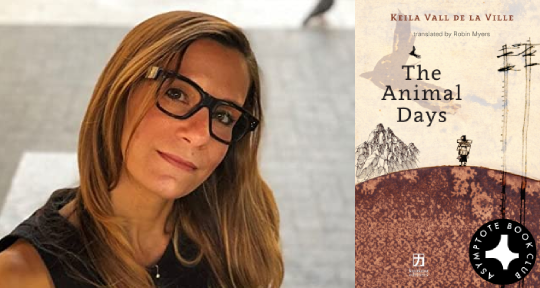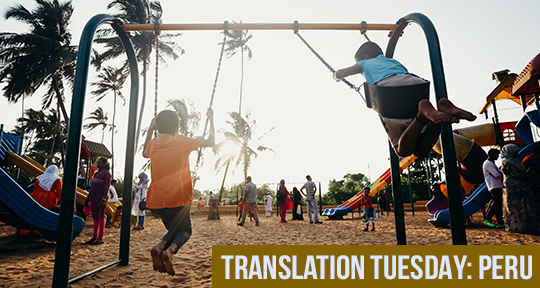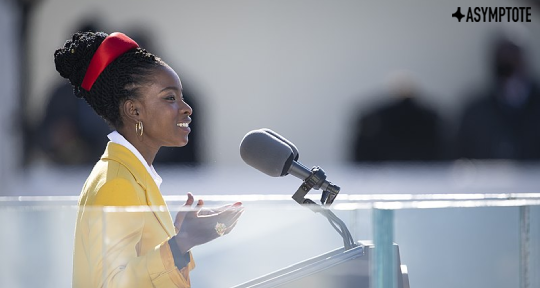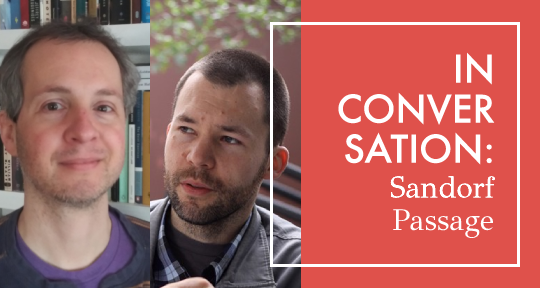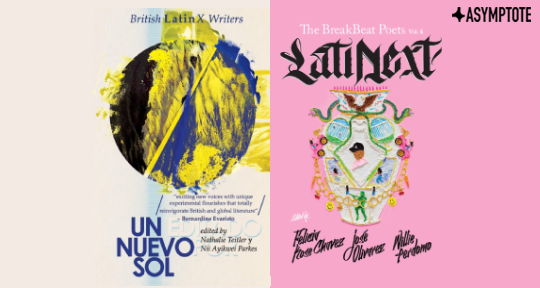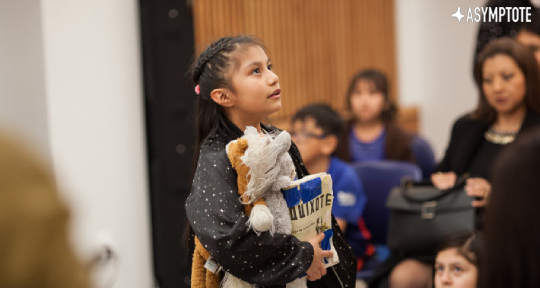“As a reader of Asymptote, I am overjoyed to see literary texts by friends I haven’t seen for a long time, to discover new writers and new names from all over the world. Asymptote has become a literary realm in cyber space built by enthusiasts: the visa to enter is good writing.”
—Dubravka Ugrešić, winner of the 2016 Neustadt Literature Prize
Did you know that Winter in Sokcho, last year’s US National Book Award winner for Translated Literature, made its English debut in our very pages way back in 2017, and it was on the basis of that publication that translator Aneesa Abbas Higgins was able to find a publisher for her manuscript?
Asymptote is proud to be a leading purveyor of world literature—with a truly global readership that includes luminaries such as Dubravka Ugrešić. In our twelve years, we have built one of the best archives of world literature by casting our nets as far and wide as possible—not only is our team spread out across six continents, we are also open for submissions—in all the usual genres: fiction, nonfiction, poetry, drama, criticism, and interviews—throughout the year. And we now guarantee a one-month turnaround time for submission outcomes, and offer optional editorial feedback so that you can grow as a translator.
If you’d like to be a part of our next issue, we encourage you to send in your best work today! Worth a special mention is our “Brave New World Literature” category, under the aegis of which we invite critical or even celebratory essays from readers, critics, authors, publishers, and of course translators discussing and problematizing the ways in which non-English texts reach Anglophone readers, perhaps envisioning a “brave new world literature.” Highlights have included Gitanjali Patel and Nariman Youssef’s essay that fleshes out the very real challenges faced by non-white literary translators, as well as Eugene Ostashevsky’s whipsmart poems, from the current issue, that capture the translator’s liminality.
If you would like to publish in the blog instead, we welcome pieces on topics ranging from global cinema to the ethics of review to the literature of revolution. Apart from essays, we run dispatches from international literary events, interviews, weekly new translations, book reviews, and more. Like our journal, we are looking for creative, original, and highly engaging work that considers the role of translation in literature, the arts, and the fabric of everyday life. We welcome pitches for the blog via email.
READ OUR SUBMISSION GUIDELINES
Photograph of Dubravka Ugrešić by Shevuan Williams
*****
Read more on the Asymptote blog:


